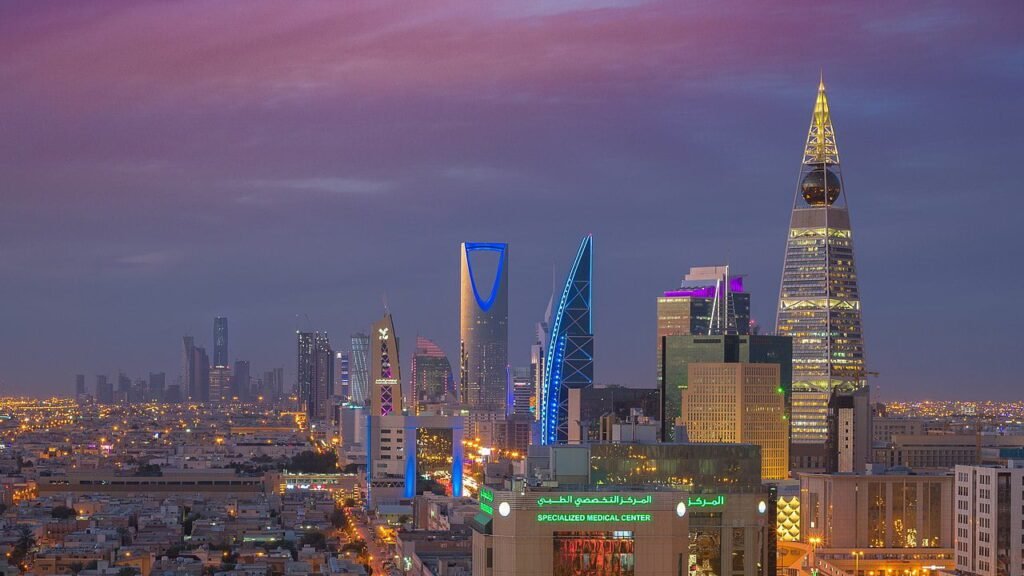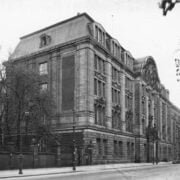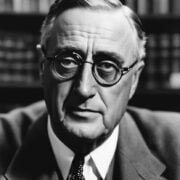The history of the emergence of Saudi Arabia is a fascinating journey that spans centuries of development, political intrigues, and cultural transformations. In this article, we will explore the rise of this important Middle Eastern country from its earliest origins to its modern formation as the Kingdom of Saudi Arabia. Understanding the historical context is crucial to appreciate the complex history and culture of the Saudi nation.
Also check out: The History of Airplanes: From Invention to the Sky Revolution
Ancient Arabia
The history of Saudi Arabia dates back to ancient times, with traces of civilizations dating back thousands of years. The earliest records of the region trace back to the 6th century BC, when Arab nomadic tribes inhabited the peninsula. The region’s wealth was linked to the trade of spices, incense, and caravan routes that connected the eastern and western worlds.
Islamization and the Era of Muhammad

Saudi Arabia played a crucial role in the history of Islam. In the 7th century, the Prophet Muhammad was born in the city of Mecca, in what is now Saudi Arabia. Mecca would become the spiritual center of Islam, where Muhammad received the revelation of the Quran. Eventually, Muhammad united the Arab tribes under the banner of Islam, marking the beginning of a new era in Arabia.
The First Saudi State
The 18th century witnessed the revival of Saudi political influence with the rise of religious leader Muhammad ibn Saud and reformer Muhammad ibn Abd al-Wahhab. Together, they established the First Saudi State in the 18th century, with Riyadh as its capital. However, this dynasty did not last, facing external and internal pressures.
The Al Saud Dynasty

The 19th century witnessed the rivalry between local tribes and the Ottoman Empire for supremacy in the region. The Al Saud, led by Abdulaziz Al Saud, initiated a military campaign in the early 20th century to unify the Arab tribes under their leadership, marking the beginning of the emergence of Saudi Arabia.
Foundation of the Kingdom of Saudi Arabia
In 1932, Abdulaziz Al Saud proclaimed the Kingdom of Saudi Arabia, uniting much of the Arabian Peninsula. The discovery of oil in 1938 transformed the country’s economy and its position on the international stage. The country quickly became one of the world’s leading producers and exporters of oil, propelling its economic development.
Modern Saudi Arabia

Saudi Arabia has undergone rapid development in recent decades. Modernization has encompassed areas such as education, infrastructure, and technology. The country also plays a vital role in Middle Eastern geopolitics and maintains relations with various nations around the world.









